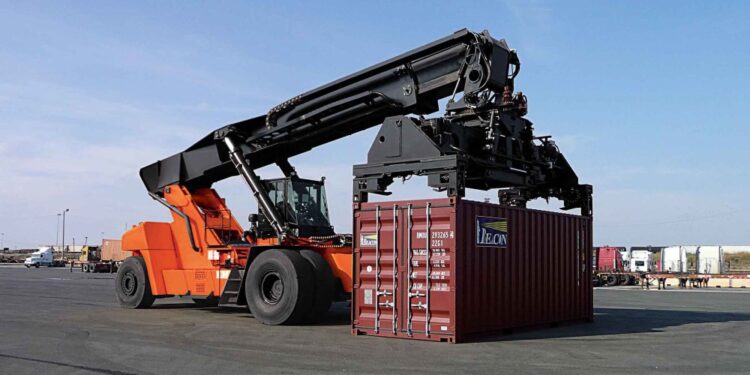In every industry, material handling is a crucial aspect that requires materials to be moved or stored between locations. A reliable material handling equipment ensures faster, safer, and efficient material movement through all the processes. Today, you can get specialty industrial equipment addressing a variety of material handling needs across industries.
A range of accessories, tools, machines, and vehicles are available for material handling. But with plenty of choices for the industries to choose there is a challenge in equipment selection. Choosing the wrong equipment is detrimental to the business as it reduces the process efficiency.
Here are the factors to consider when selecting material handling equipment.
1. Material properties
To choose the best material handling equipment, you need to have a list of the properties of the materials for handling. You need to know if the material is solid, gaseous, or liquid? Are the materials sensitive, corrosive, or toxic? How much does each material weigh per unit? And if the materials need specific handling.
Considering these things ensures you shortlist possible material handling equipment from the available range. The material handling equipment you choose should be at par with what you are moving. For instance, equipment for moving toxic and corrosive materials is different from the one moving perishable items. Thus, choose according to the specific criteria.
2. Structural strength of the facility
Another vital factor to consider is the structural strength of the facility. Here also you need to consider some things as you access the structural strength of the facility. For instance, check the facility’s floor capacity. And if it’s capable of handling the operation and weight of the material handling equipment.
If you are using customized equipment, check if the floor capacity and space allow for such equipment accommodation. Also, do not forget to check the door and ceiling dimensions if they are suitable for the material handling equipment you want. Finally, consider if the facility can withstand continuous equipment operation. In case there is a need for frequent movements.
3. Intended equipment operation
What operations does your material handling equipment need to fulfill? If the equipment is for storing, for instance, frequent material movement is not necessary. In such cases, equipment such as containers, pallets, racks, and shelving is ideal. However, if your operation involves handling bulky materials, specialized equipment that processes and moves are best. You can make your operation more efficient with equipment such as elevators, conveyors, silos, and trucks. But if your intended equipment operation involves continuous material processing and movement, you need automated equipment as it saves effort, time, and costs.
4. Cost factors and total cost of ownership
Other than the equipment price, consider other factors to understand the benefits you accrue before purchasing the equipment. Also, consider if there are any additional expenses for setting the equipment and operating it. For instance, check if you need any accessories to get the machinery running. Plus, what are the maintenance and operating costs of the equipment? Among many other considerations to ensure you achieve efficiency. It is vital to get the cost considerations right, for they make and break the procuring of the equipment.
5. Material handling equipment supplier
To ensure employee safety and equipment quality. It is vital to choose a reliable equipment supplier. While choosing the right supplier, consider, choice of equipment and availability, supplier reputation, and after-sales service to support your success and growth. When you have reliable equipment, you are sure of employee safety and productivity as well.
Where the process involves heavy material moving, consider automated machinery to reduce the employee workload. In this way, they can focus on other processes. Additionally, equipment safety is a legal requirement, and you should train your employees on the operations and maintenance to prevent equipment damage and risks of injury.
Conclusion
To conclude, the above are factors you should consider as you select material handling equipment. Therefore, to increase the chances of success as you procure the best material handling equipment, you should focus on materials, facility, processes, suppliers, and costs. Material handling equipment that best fits your needs maximizes process output, operational efficiency, and employee productivity and safety.

































































































































































































